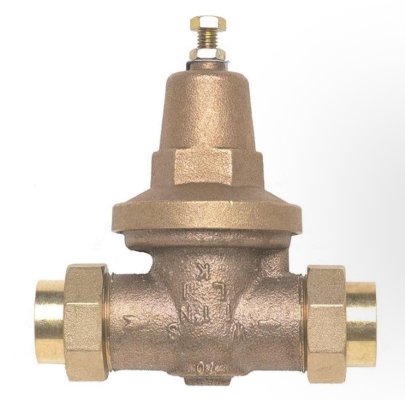psneeld
Guru
Sure a city water supplied hose can sink your boat.
So can a bunch of other things.
I know of more dripless packing sysyem failures that have almost sunk boats more than city water...yet we have plenty here that trust those implicitly.
There are so many opinions posted about the dangers in boating by those that really arent all that experienced it has to be bewildering to new boaters.
Many of these posts are by boaters that have never worked in a marine field and they have never lived aboard and have been fully immersed. Yet they read a few things and have talked up boating some between cutting the grass and painting house trim and taken their annual ski trips.....and thus they still believe they have the answer.
Sure there are highly experienced guys like Ted here that choose not to do things like use city water inlets in his risk tolerance...but there are those of us that use city water with risk mitigation that have no and know of no problems. Both arent about to sink any time soon.
Its only up to you whether you accept any risk tolerance at all or realize the slight risk if you know what you are doing. But please dont listen to magazine/forum reading part timers that are going on fears and not realistic probabilities.
So can a bunch of other things.
I know of more dripless packing sysyem failures that have almost sunk boats more than city water...yet we have plenty here that trust those implicitly.
There are so many opinions posted about the dangers in boating by those that really arent all that experienced it has to be bewildering to new boaters.
Many of these posts are by boaters that have never worked in a marine field and they have never lived aboard and have been fully immersed. Yet they read a few things and have talked up boating some between cutting the grass and painting house trim and taken their annual ski trips.....and thus they still believe they have the answer.
Sure there are highly experienced guys like Ted here that choose not to do things like use city water inlets in his risk tolerance...but there are those of us that use city water with risk mitigation that have no and know of no problems. Both arent about to sink any time soon.
Its only up to you whether you accept any risk tolerance at all or realize the slight risk if you know what you are doing. But please dont listen to magazine/forum reading part timers that are going on fears and not realistic probabilities.
Last edited:




